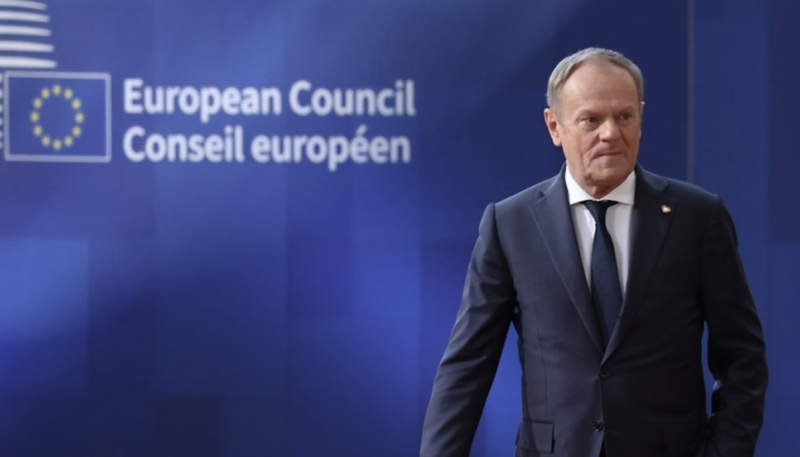In a dramatic turn just months ahead of Poland’s presidential election, a Warsaw court has yanked the terrestrial broadcasting licenses of two rapidly growing conservative news channels—TV Republika and wPolsce24—raising eyebrows and alarms across the political spectrum.
The April 10 ruling sparked immediate backlash, with media founder Michał Karnowski slamming the move as an attempt by Prime Minister Donald Tusk’s center-left government to stifle dissent. “This isn’t about law—it’s raw power,” Karnowski told reporters, calling it part of a broader campaign to sideline opposition voices.
According to Karnowski, the legal challenge came from a minor company that had previously failed to win broadcast frequencies due to a lack of resources and experience. Yet somehow, its complaint led to a court ruling that could take the two conservative stations off the airwaves.
What’s more, the decision was reportedly based on unverified claims that the broadcasters posed a national security risk—despite years of uninterrupted operation without any such allegations. “It’s a smokescreen,” said Karnowski, suggesting the real goal is to cut off right-leaning voices from key voter demographics, especially in rural areas where terrestrial TV remains dominant.
The courtroom scene added fuel to the fire. Karnowski claimed liberal media figures were not only tipped off about the verdict ahead of time but were also spotted mingling with the presiding judge—cheering as the ruling was announced.
While the broadcasters plan to appeal, Karnowski warned the government may push for immediate suspension of their operations. “A few years ago, I’d have said they couldn’t shut us down mid-appeal. Now? Anything goes,” he said, citing state lawyers’ claims that unauthorized broadcasting is too risky for national security.
The stakes, he added, go beyond licensing battles. Karnowski accused the government of freezing out conservative outlets—barring them from press briefings, using police to keep them away, and even pressuring private companies to pull advertising. “This isn’t just about us,” he said. “It’s about whether freedom of speech still exists in Poland.”
Karnowski also blasted the European Union’s apparent silence on the issue, contrasting it with the intense scrutiny Poland faced under the previous conservative administration. “Back then, EU officials were everywhere. Now? Not a peep.”
Drawing comparisons to Romania’s annulled elections, he claimed insiders are already floating the idea of invalidating a potential conservative win in Poland’s upcoming vote.
As media freedom continues to dominate headlines in Poland, the fallout from this latest courtroom drama could mark a defining moment in the country’s political trajectory—one that pits state power against press freedom in an already deeply polarized nation.




